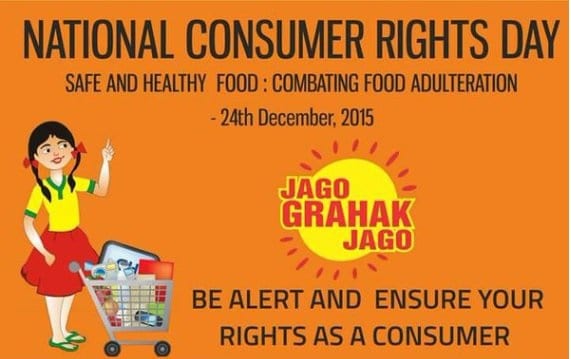If you are reading this, you are a literate, educated citizen with internet connection for accessing information via Google. But does ‘educated’ always mean ‘aware’? Check this.
In Bengaluru, there are several medical shops and pharmacies that offer a discount for senior citizens. A comprehensive list of such shops, clinics and hospitals around the city, listed area-wise, is available at Nightingales Elders Enrichment Centre (NEEC) in Malleswaram, Bengaluru.
Many elders know about this centre, they even attend regular events there, but some don’t know that there exists such a list of discounts available. Senior citizens are mostly pensioners, managing on modest finances, and are also more susceptible to ailments and infirmities needing frequent medical attention and medication.
A discount is most welcome – but being educated does not mean every elder is aware of this facility. (I have given several talks at Nightingales, and am a senior citizen, but did not know of this list till recently.)
Everyone owns a mobile phone and a computer, but how many owners are aware that it is very dangerous to keep these gadgets charged overnight? Over-charging can cause batteries to explode. Never over-charge, and certainly not overnight.
How many mobile owners know that each instrument has an IMEI number which you can access and write down, by pressing *#06# — a 15-digit number will appear, which is unique to each mobile, and can help in tracing the mobile if it gets lost or pilfered. No cell phone seller gives you this information, and most mobile owners don’t seem to know about this. Access this number and write it down, and keep it in some safe place, other than your mobile pouch, from where you can retrieve it when necessary.
How many citizens know about court orders given by the National Consumers Disputes Redressal Commission in Delhi? Once a National Commission judgment has been given out, it is binding on all courts including district fora and State Commissions. So if the National Commission has ruled, for example, that builders who default on timely delivery of flats booked by buyers, have to pay compensation, it becomes binding on other respondents in similar complaints.
Once such a precedent-setting judgment is available, other aggrieved buyers can just cite this ruing in support of their claims for compensation, and get faster redress, because National Commission orders are binding nationwide. This reduces the time taken for a complaint to be resolved, and also reduces the burden of backlogs of cases pending in various consumer courts around the country. But how many keep track?
Tracking resources on consumer rights
There are publications that carry important orders from the National Commission and other regional consumer courts (Keemat published by the Consumer Guidance Society of India, Mumbai, is one such), How many citizens know that from May 2017, all new house purchases come under a new law with three commitments – date of possession, interest payable for delays and full refund if the buyer wants to opt out? The details of this are in January-February 2017 issue of Keemat. (cgsibom@gmail.com, toll free helpline 1 800 2222)
There are also online bulletins like Grahak Sathi, in both English and Hindi, from the Consumer Education and Research Centre of Ahmedabad. Most people do not seem to be aware of such resources. There are also online foundations like Moneylife (www.moneylife.in) which offer free advice and help in legal and other matters.
You can add your own list of such sources and even share it publicly. Join and strengthen a local consumer group in your locality, or even start one. That can better the quality of our lives. It is a vicious circle – existing groups are not effective because they do not have sufficient popular support, and they do not have enough popular support because they are not effective.
You are as empowered as your level of awareness is. “Awareness is the best defence,” as a recent Keemat headline said. We all like to crib and grumble when things go wrong, or when a gadget turns out to be inefficient or sub-standard, but we do not know where to get redressal. Or we don’t know about precedent-setting judgments. Not only keeping abreast but also sharing such information with others, especially low income citizens like maid servants who also own mobiles but have no idea about where to turn, would be real progress, not just percentage increase in literacy rates.
ArticleCredit :- Bengalurucitizenmatters

